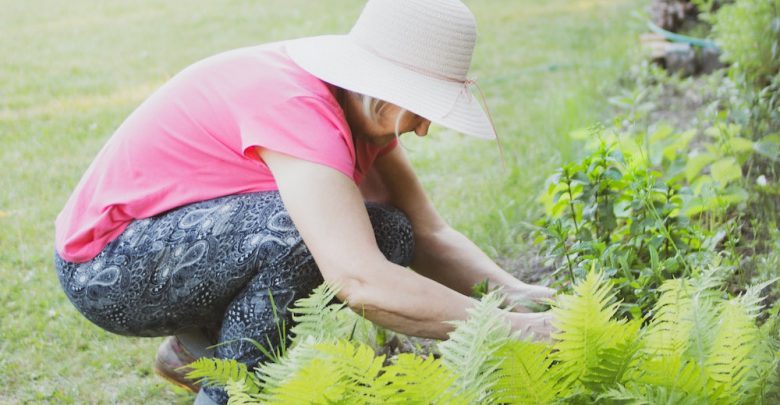Staying sane while staying at home …during COVID-19
The World Health Organisation (WHO) estimates 300 million people suffer with anxiety disorders globally

The World Health Organisation (WHO) estimates 300 million people suffer with anxiety disorders globally, equivalent to 4.4% of the world’s population. Recently Beyond Blue figures showed 26.3% of Australians experienced an anxiety disorder – equivalent to 4.96 million people today. One in 16 Australians is currently experiencing depression. So, if you’re feeling anxious, you’re not alone.
Staying sane tips & tricks
1. Get a routine
Get up and go to bed at regular times. Organise a list: walk the dog, water plants, read, cook, call family, friends, pat the cat. All these routines give a sense of control. ‘Boring’ and ‘predictable’ are good in stressful times.
2. Stay connected with other people and their lives
Despite social distancing and other restrictions, we can still: keep in touch with family, friends, neighbours, with exercise and other community groups we used to use to meet and chat. Now we can get in touch using Skype, Zoom, Facetime, and the phone to keep meeting and chatting. This is not a good time for loneliness. When we focus attention outside ourselves, we enjoy it more and ruminate less.
3. Stay active and keep the body exercised
Despite social distancing and other restrictions, we can still get outside, to get UV sunlight on the skin (melatonin helps you sleep). Plant your own pumpkin seeds, do home gym exercises: skip, thigh lunges, push-ups, squats, sit-ups, lift cans of soup for bicep curls, walk around the block, dance, stair climb, do Tai Chi, and Yoga. We’ll notice immediately that moving physically makes us feel better, so do it more.
4. Take advantage of bonus time and exercise the curious mind
The brain loves to learn. So give it something to get stuck into: a language eg. Italian, Indonesian and learning online programs, listen to podcasts, the ABC Listen app, Audible books and books online. Use time as an opportunity to sort out drawers, cupboards, mend, fix hinges, clear up the shed, learn cooking, organise bookshelves.
5. Relax with hypnotherapy, meditation and mindfulness
Anxiety disorders are highly treatable, yet only 36.9% of those suffering receive treatment. Stress can make us think ‘stupid’ thoughts – we become ‘stress stupid’. Overly ruminating can be depressing. The more time spent worrying the worse we feel, and the worry of an uncertain future may lead to unprecedented levels of anxiety. Meditation and mindfulness paid apps eg. Calm, Headspace, Take a Break, Sleep Easy – also try many free apps on the internet.
According to M.H. Moskowitz the brain changes constantly, it also changes in response to traumatic events and stressful situations like the one we’re in now. This process is called neuroplasticity. Using hypnotherapy we can re-train the brain.
Clinical hypnosis with its focused, calm, relaxation is a useful de-stressor. It assists people to enter into an altered state of mind, the calming purpose of hypnosis. The more time we spend creating images of how things are improving, feeling calm, the better we feel and the stronger we are.
Hypnosis leads us into areas we want to change in our lives, to rewire the brain.

Suzy can be contacted at [email protected] and 0409 429101.







